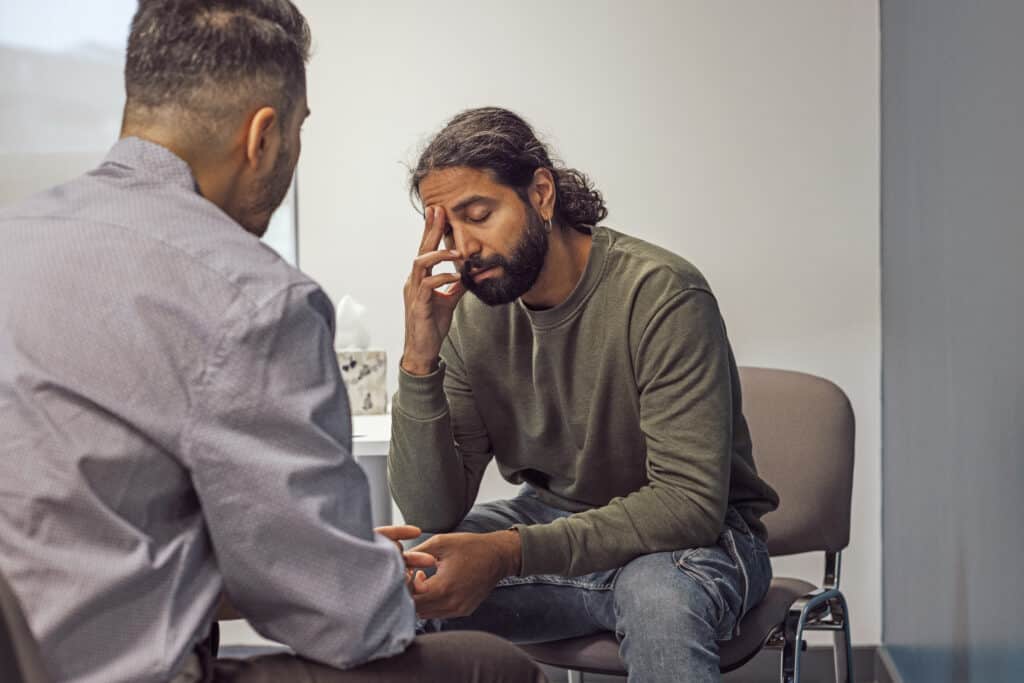Staying Safe and Confident: Practical Safety Tips for Tourism & Hospitality Workers

This info sheet is part of our Safety Talk series for those who work in tourism and hospitality, developed in partnership with go2HR. Download a printer-friendly PDF version of this info sheet or watch the video.
Working in the tourism and hospitality industry can be exciting and rewarding. No two days are the same, and you get to interact with people from all walks of life. But this dynamic environment also presents unique challenges, from managing difficult situations to ensuring your personal safety during late shifts or working alone.
In this article, we’ll explore practical tips and strategies to help you navigate these challenges confidently while maintaining a safe and enjoyable workplace.
Whether you’re a hotel concierge greeting a guest or a ski hill staff member handling emergencies, safety starts with recognizing potential risks. Risk assessments, like those recommended by WorkSafe BC, are key to identifying hazards and implementing preventative measures for physical and psychological safety.
A safe workplace is a right, not a luxury. Take time to familiarize yourself with your employer’s safety protocols, and don’t hesitate to ask questions if anything is unclear.
Challenging interactions are part of the job, but they don’t have to escalate into unsafe situations. Here are a few tips to handle escalated situations effectively:
- Stay Calm and Speak Steadily:
Use a calm, lower tone of voice to convey control and reassure the individual. - Validate Concerns:
Let the person know they’ve been heard. Simple phrases like, “I understand this is frustrating for you” can diffuse tension. - Offer Solutions:
Communicate your next steps clearly. For example, you could say, “Let me bring my manager to assist you.” - Neutral Body Language:
Keep your posture open and avoid crossing your arms or making sudden movements. - Redirect and Involve Support:
If necessary, redirect the situation by saying, “Let’s step aside to figure this out,” or involve someone else by saying, “I’ll be right back with someone who can help.”
These small actions can prevent situations from escalating further, making both you and the guest feel more at ease.
Things to avoid when attempting to de-escalate a situation
There are also phrases and behaviours that can cause a situation to escalate further, even when we don’t mean to. It can be helpful to know what these are so that we can avoid them.
For example:
- Avoid the word “but” which can lead to someone thinking you are invalidating what they said.
- Belittling the person or their concern.
- Being defensive or raising your voice.
- Finger pointing or other body language that could be interpreted as aggressive.
- Telling someone you “know how they feel.”
- Issuing ultimatums or demands.
Your safety should always come first. Here are some practical steps to protect yourself:
- Position Yourself Wisely:
Whenever possible, keep a barrier, like a desk or counter, between you and the individual. Always maintain access to an exit. - Encourage Calm Behaviour:
Suggest that the individual sit down. This can help reduce tension and create a more controlled interaction. - Stay Safe When Working Alone:
If you’re closing up or working alone, check in regularly with a colleague or supervisor. Consider using safety apps or check-in systems for added security. - Know When to Walk Away:
If a situation feels unsafe, prioritize your well-being and leave the area if necessary.
What if you’re concerned about intoxication or a mental health concern?
In addition to guests, we also often encounter members of the public in our workplaces. This can sometimes lead to concerns around intoxication, substance use, and mental health concerns or crises.
If you think the person might be intoxicated or having a mental health crisis, here are some additional strategies that can help.
- Speak with respect and compassion, using phrases like “I want to help you” or “I’m concerned about your well-being.” Avoid judgment, criticism, or language that could feel confrontational.
- Offer practical assistance, such as asking if they’d like to sit down, offering water, and suggesting calling a friend, family member or taxi service if appropriate.
- If they seem unable to care for themselves, contact additional supports, such as a first responder, crisis line or community service.
Employers in tourism and hospitality have a responsibility to provide a safe environment, including resources like training, risk assessments, and safety protocols. Take advantage of these tools to stay informed and prepared.
Participating in training sessions can equip you with additional skills, such as:
- Recognizing warning signs.
- Redirecting focus during challenging interactions.
- Using distractions to de-escalate tension.
- Knowing when and how to involve management or external support.
- Knowing when and how to report an incident, debrief and build an action plan to mitigate risk in the future.
Don’t hesitate to ask for help or suggest additional training if you feel your team could benefit from it.
You can also visit the People Working Well website for more information. You can also contact CMHA BC to book a de-escalation webinar for your workplace.
By recognizing risks, mastering de-escalation techniques, and prioritizing your personal safety, you can create a more secure and enjoyable workplace. Remember, your safety matters just as much as the service you provide.
Let’s work together to build a culture of safety and respect across the tourism and hospitality industry. Because when you feel confident and supported, everyone wins.

On the Front Line Workshop
Equip front-line staff with tools to support clients or members of the public showing challenging behaviours linked to stress or emotional distress.